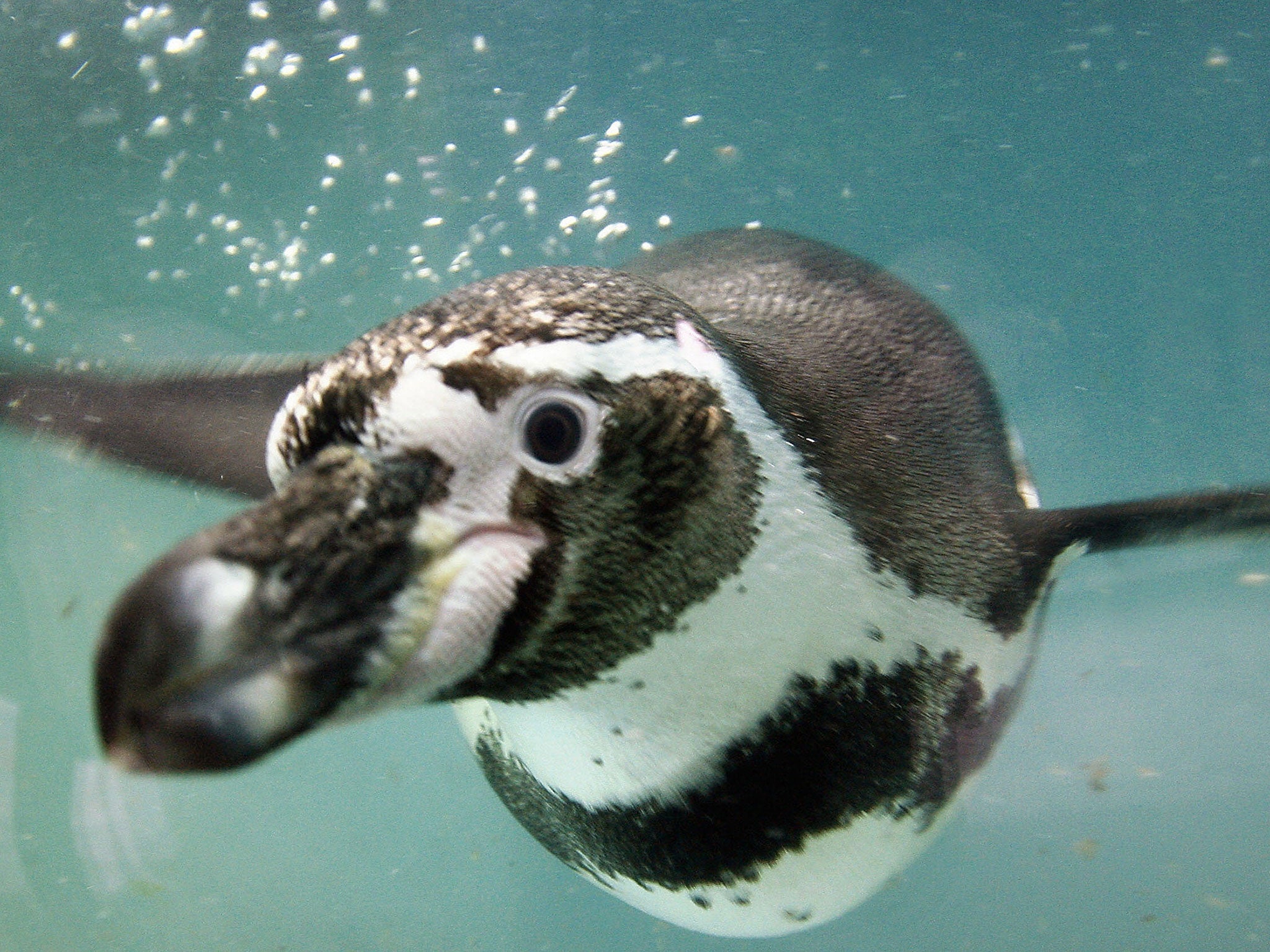Your support helps us to tell the story
From reproductive rights to climate change to Big Tech, The Independent is on the ground when the story is developing. Whether it's investigating the financials of Elon Musk's pro-Trump PAC or producing our latest documentary, 'The A Word', which shines a light on the American women fighting for reproductive rights, we know how important it is to parse out the facts from the messaging.
At such a critical moment in US history, we need reporters on the ground. Your donation allows us to keep sending journalists to speak to both sides of the story.
The Independent is trusted by Americans across the entire political spectrum. And unlike many other quality news outlets, we choose not to lock Americans out of our reporting and analysis with paywalls. We believe quality journalism should be available to everyone, paid for by those who can afford it.
Your support makes all the difference.Underneath the gaudy red roses, stuffed teddy bears clutching tacky velvet hearts, and eye-wateringly expensive weekend getaways, Valentine's Day is a wonderful chance to celebrate love.
And to mark 14 February, here are five things you might not know about love and sex.
Aphrodisiac food
Chocolate contains phenylethylamine, a chemical that causes the release of dopamine and norepinephrine, the key hormones that help us fall in love.

Instant attraction
It only takes between 90 seconds and four minutes to decide if you fancy someone, and 55 per cent of attraction is based on body language alone.
Monogamous animals
Only three per cent of mammals mate for life. Animals that do find a lifelong partner include gibbons, swans, wolves, albatrosses, penguins, eagles and termites.

Natural painkiller
Simply looking at a photo of the one you love, or even thinking about them, increases levels of oxytocin, the body’s natural painkiller.
Broken Heart Syndrome
Also called stress-induced cardiomyopathy, it is caused by an emotionally stressful event, such as a break-up, and causes sudden intense chest pain.
Jo Stas writes for How It Works Magazine. Follow the magazine on Twitter: @HowItWorksmag

Join our commenting forum
Join thought-provoking conversations, follow other Independent readers and see their replies
Comments